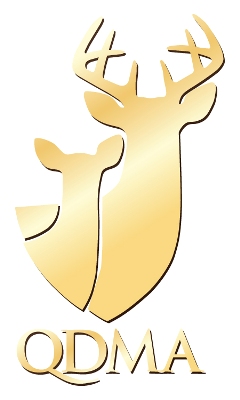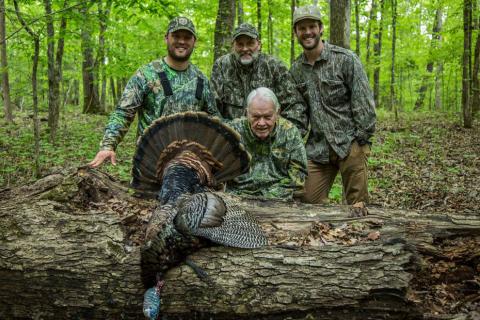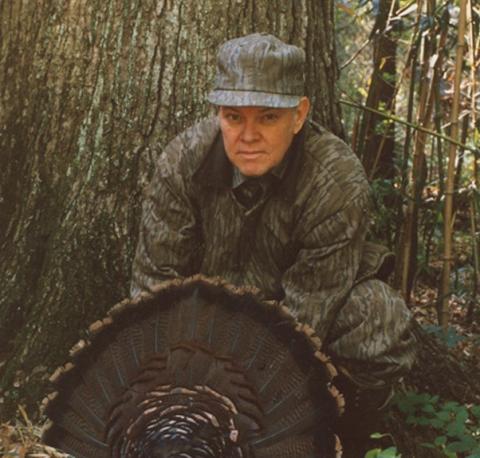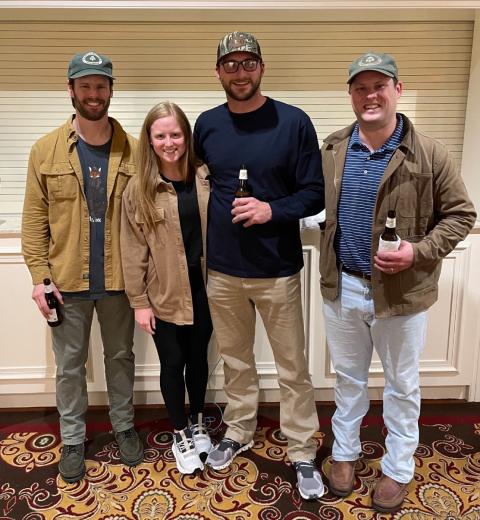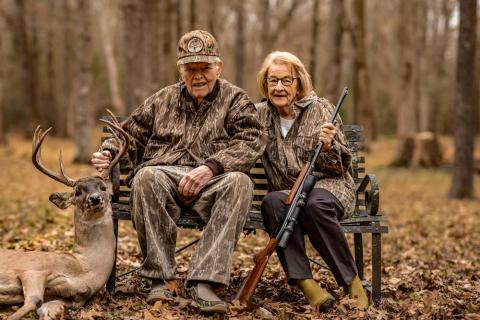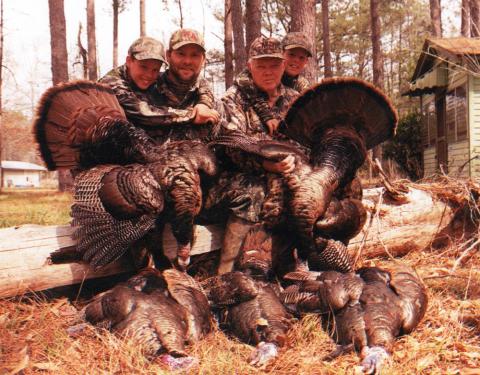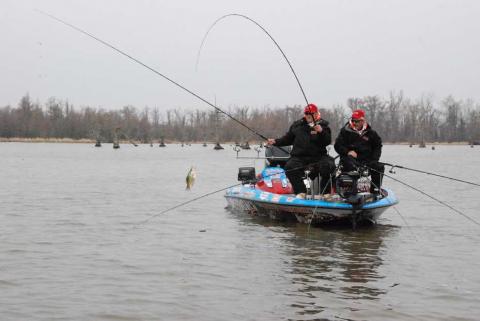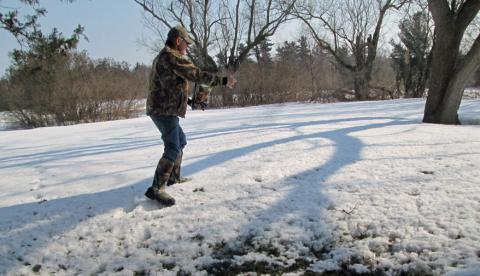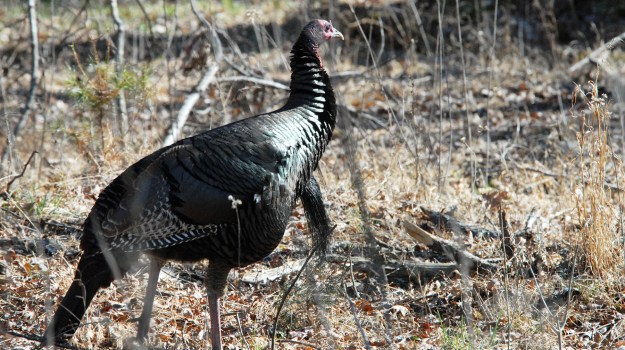
Editor’s Note: Chris Kirby is a World Champion turkey caller and he has been a Mossy Oak pro for many years. He’s the president of Quaker Boy Calls and has partnered with Mossy Oak to produce the Turkey Thugs line of turkey calls.
From the reports I got from all over the country, spring was late last year in 2013. There was a lot of cool weather last spring, and those colder temperatures seemed to push back the time when turkeys started to gobble. However, if you had done your homework, you still should have been able to take turkeys at the first of the season – even if they weren’t gobbling. Our sport is called turkey hunting – not turkey shooting or turkey calling. To successfully hunt a turkey, you need to start off by scouting before the season. I spend quite a bit of time before the season learning where the turkeys feed, where they water, where they historically have strutted, and which routes they take to and from all these areas. Remember, a good deer hunter, who consistently takes good bucks each year, finds the deer and patterns them. Successful turkey hunters use that same tactic, before the season every year.
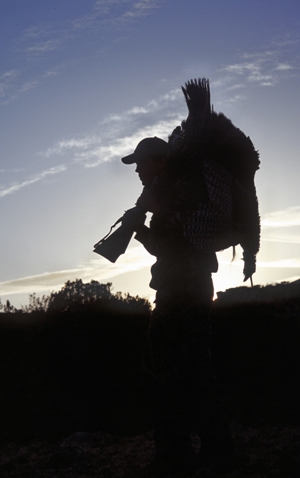 Although deer don’t make as many vocalizations as turkeys do, you can take the deer by knowing where he’ll probably be, and when he’ll be there. The same is true of taking a turkey. If you have done a sufficient job of scouting your turkeys, you should know where they are, and when they will be there, even if they don’t gobble. The problem you often have, during the breeding season, is that the gobblers will roost with the hens. They don’t have to gobble at first light, because they already have all the girlfriends they need. One of the best places to find early-season turkeys is food plots. Before the breeding season starts, they will spend most of their days feeding. You also need patience. I am a run-and-gun type of turkey hunter. I like to move fast, cover a lot of ground and find actively gobbling turkeys. But in the early season, I often will call softly and wait a long time, before I move. At the first of the season, most of the time, you have to rely on your woodsmanship, your knowledge of where the turkey will go after he flies down from the roost; and your ability to get to where the turkey is going to go, before he arrives there.
Although deer don’t make as many vocalizations as turkeys do, you can take the deer by knowing where he’ll probably be, and when he’ll be there. The same is true of taking a turkey. If you have done a sufficient job of scouting your turkeys, you should know where they are, and when they will be there, even if they don’t gobble. The problem you often have, during the breeding season, is that the gobblers will roost with the hens. They don’t have to gobble at first light, because they already have all the girlfriends they need. One of the best places to find early-season turkeys is food plots. Before the breeding season starts, they will spend most of their days feeding. You also need patience. I am a run-and-gun type of turkey hunter. I like to move fast, cover a lot of ground and find actively gobbling turkeys. But in the early season, I often will call softly and wait a long time, before I move. At the first of the season, most of the time, you have to rely on your woodsmanship, your knowledge of where the turkey will go after he flies down from the roost; and your ability to get to where the turkey is going to go, before he arrives there.
I really believe that scouting is far more important than calling, even though I make turkey calls. I have won the World Turkey Calling Championship, and I know I can call a turkey. However, I probably won’t be as successful, if I go to a new property to hunt turkeys, if there is another hunter there who knows where those turkeys like to roost, loaf in the middle of the day, and meet their hens. In most instances, knowing the woods and understanding the turkeys almost always will win out over just knowing how to call turkeys. Don’t get me wrong. Calling can definitely help you take your tom. But when I go hunting, I rely mostly on my woodsmanship, my scouting skills and my knowing where that turkey wants to go to take turkeys more often.
Day 2: Chris Kirby on How to Hunt Turkeys in the Snow
Tomorrow: Chris Kirby Tells How to Take the Turkey That Gobbles and Walks Away
















